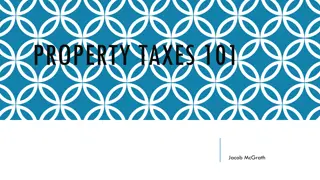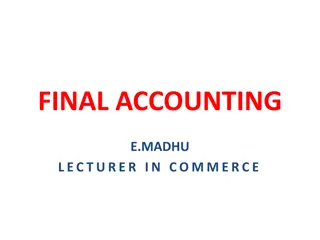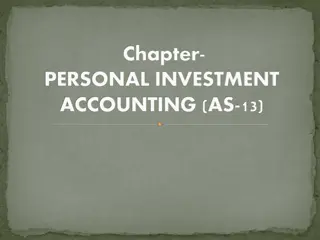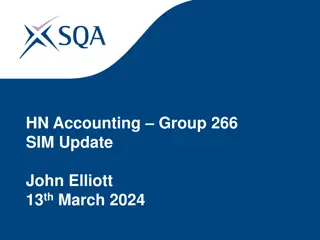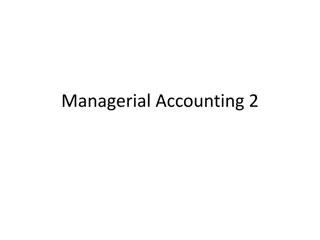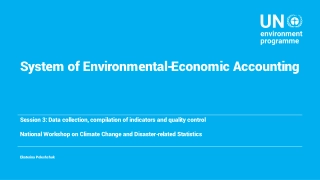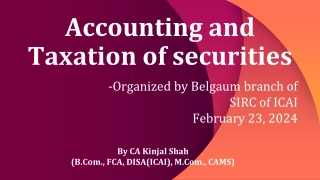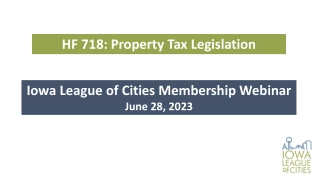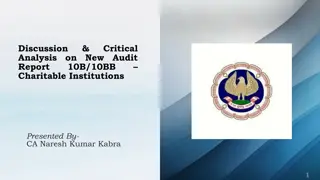Navigating Property Accounting in 2024, Key Trends and Best Practices
In 2024, property accounting continues to evolve, driven by advancements in technology, regulatory changes, and shifting market dynamics. For real estate investors, property managers, and accountants, staying ahead of these trends is crucial for efficient operations and compliance. Here, we explore the latest trends and best practices in property accounting.n
Download Presentation
Please find below an Image/Link to download the presentation.
The content on the website is provided AS IS for your information and personal use only. It may not be sold, licensed, or shared on other websites without obtaining consent from the author. Download presentation by click this link. If you encounter any issues during the download, it is possible that the publisher has removed the file from their server.
Presentation Transcript
Navigating Property Accounting in 2024: Key Trends and Best Practices
In 2024, property accounting continues to evolve, driven by advancements in technology, regulatory changes, and shifting market dynamics. For real estate investors, property managers, and accountants, staying ahead of these trends is crucial for efficient operations and compliance. Here, we explore the latest trends and best practices in property accounting.
Embracing Technology and Automation One of the most significant trends in property accounting is the integration of advanced technology and automation. Cloud-based accounting software, such as QuickBooks Online and Xero, has become indispensable. These platforms offer real- time data access, automated reconciliation, and streamlined reporting, which save time and reduce errors. Moreover, artificial intelligence (AI) and machine learning (ML) are increasingly used to analyze financial patterns, predict cash flow, and identify discrepancies, enhancing decision-making processes.
Focus on ESG Reporting Environmental, Social, and Governance (ESG) criteria are no longer optional in the property sector. Investors and stakeholders demand transparency regarding sustainability practices. Property accounting now encompasses detailed ESG reporting, tracking energy consumption, carbon footprint, and social impact. Implementing ESG-focused accounting practices not only satisfies regulatory requirements but also attracts eco-conscious tenants and investors, providing a competitive edge. Focus on ESG Reporting Environmental, Social, and Governance (ESG) criteria are no longer optional in the property sector. Investors and stakeholders demand transparency regarding sustainability practices. Property accounting now encompasses detailed ESG reporting, tracking energy consumption, carbon footprint, and social impact. Implementing ESG-focused accounting practices not only satisfies regulatory requirements but also attracts eco-conscious tenants and investors, providing a competitive edge.
Regulatory Compliance and Taxation Regulatory compliance remains a cornerstone of property accounting. The introduction of new tax laws and regulations in 2024 has made it imperative for property accountants to stay updated. For instance, changes in property tax rates, depreciation rules, and capital gains tax can significantly impact financial planning. Utilizing specialized tax software helps ensure compliance and optimizes tax liabilities. Engaging with tax professionals for strategic planning is also a best practice to navigate complex tax landscapes.
Conclusion The landscape of property accounting is rapidly changing, shaped by technological advancements, regulatory shifts, and the growing importance of sustainability. By embracing these trends and implementing best practices, property accountants can enhance accuracy, compliance, and strategic decision- making. Staying informed and adaptable is key to thriving in this dynamic environment, ensuring that properties are managed efficiently and profitably in 2024 and beyond.
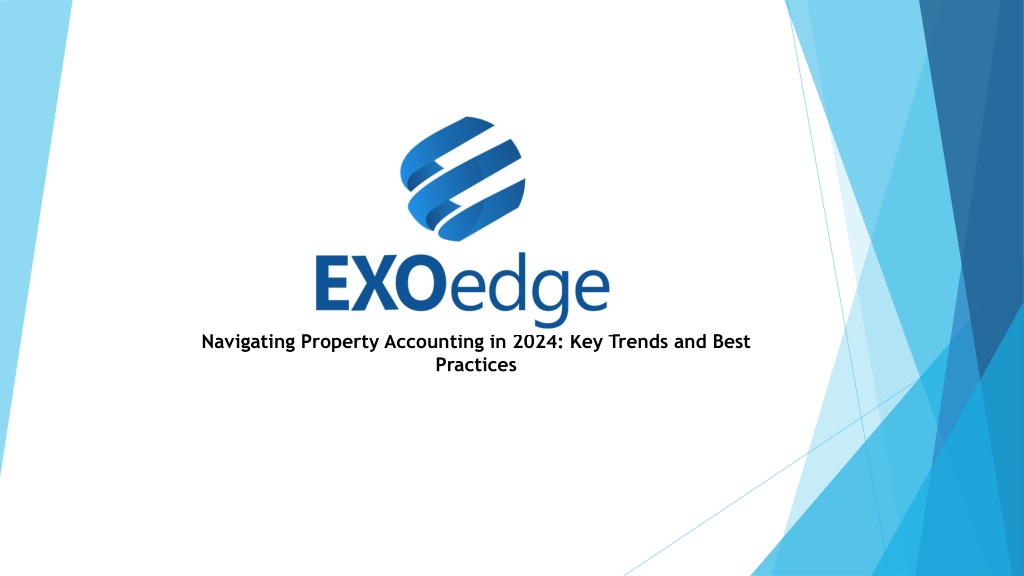



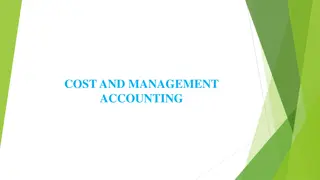
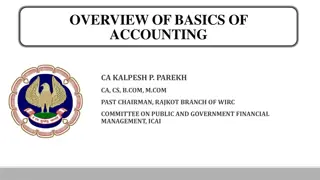




![Property Settlements in Family Law: Case Study of Stamatou & Stamatou [2022] FedCFamC1F 241](/thumb/63303/property-settlements-in-family-law-case-study-of-stamatou-stamatou-2022-fedcfamc1f-241.jpg)

